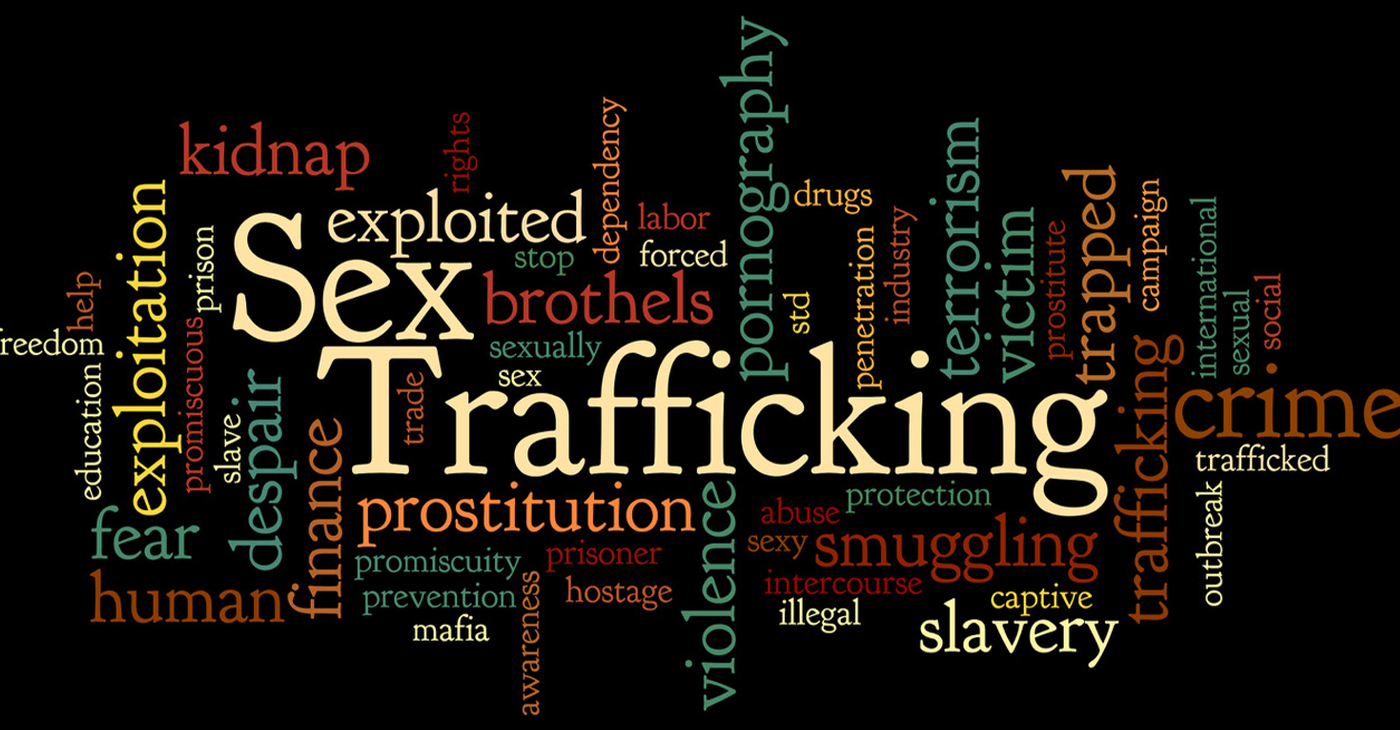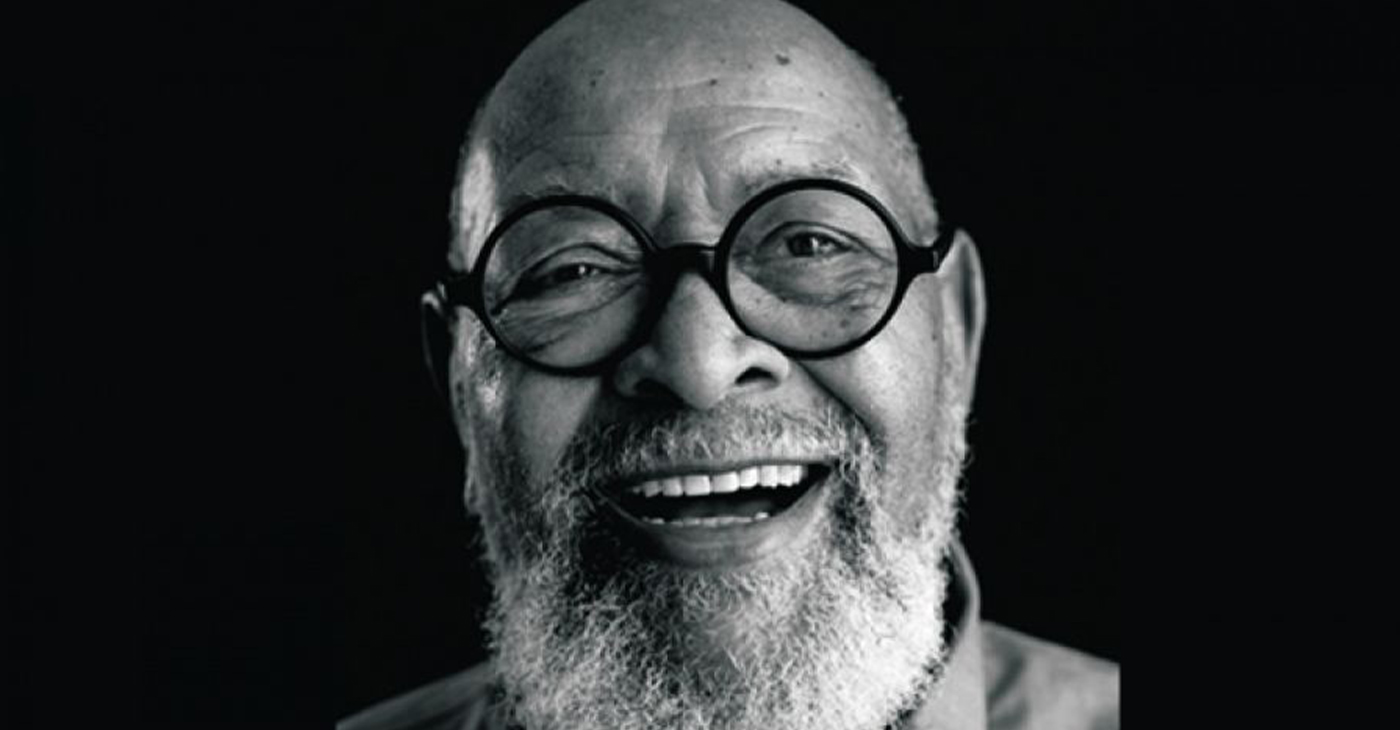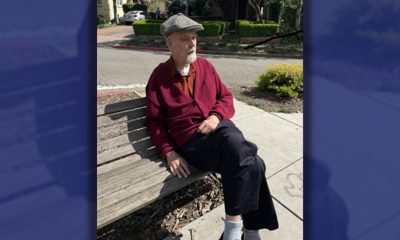Activism
Silicon Valley congressman tackles Black maternal mortalities
The legislative package consists of a dozen bills aiming to prevent maternal mortalities. It would provide funding for further research, increase telehealth services for those in underserved communities and establish grants to help diversify the perinatal workforce, including doulas and midwives. It would also invest in community-based health organizations that work to promote equity and improve maternal health outcomes.

Washington, D.C.—Charles Johnson said he quickly notified hospital staff when his wife’s catheter turned pink with blood. His wife, Kira Johnson, had just given birth to their second son during a scheduled cesarean section at Cedars-Sinai Medical Center in Los Angeles.
Staff examined his wife and ordered a CT scan, he said, but hours passed and no one performed the procedure.
“My wife was shivering uncontrollably because she was losing so much blood,” said Johnson, who was speaking during a recent congressional hearing examining the high rate of maternal mortality among Black women. “… I was begging and pleading, please do something, help her.”
But Johnson told legislators his wife didn’t receive proper medical attention for 10 hours—and by then it was too late. Kira, a Black woman, died from massive internal bleeding.
“It was not my wife’s race that was a risk factor; she did everything right,” said Johnson. “It was racism that was the risk factor.”
Black mothers in the U.S. are about three times more likely than white mothers to die from childbirth-related causes, according to the Centers for Disease Control and Prevention. They further experience higher rates of miscarriage and infant loss. Native Americans are also more likely to die from pregnancy-related causes than white women.
Several medical experts testified before the House Committee on Oversight and Reform last week and urged lawmakers to address this growing crisis. Other witnesses, like Johnson and Rep. Cori Bush (D-Missouri), shared their personal experiences.
In an interview with San José Spotlight, Rep. Ro Khanna (D-Fremont) said all the testimonies were deeply moving.
“I knew about the issue from a statistics perspective and a theoretical perspective, but the hearing brought home to me how much this impacts black women’s lives,” he said. “It’s not even a class issue. It affects people who are members of Congress.”
The congressman, who co-sponsored the Black Maternal Health Momnibus Act of 2021, said its passage is crucial.
The legislative package consists of a dozen bills aiming to prevent maternal mortalities. It would provide funding for further research, increase telehealth services for those in underserved communities and establish grants to help diversify the perinatal workforce, including doulas and midwives. It would also invest in community-based health organizations that work to promote equity and improve maternal health outcomes.
“It’s something that I’m passionate about,” said Khanna, who sits on the committee. “I have been a lead sponsor on the bill and I’m going to do everything I can to make sure we get this into law.”
More than 200 organizations have endorsed the bill, including the NAACP, Johnson & Johnson and the American College of Obstetricians and Gynecologists (ACOG).
Dr. Tamika Auguste, who submitted a written testimony to the committee on behalf of the ACOG, told legislators many health disparities are linked to systemic inequities in income, housing or education. But she explained that wasn’t the full story.
“Although some inequities diminish after taking these factors into account, many remain because of factors at the patient, health care system and practitioner level,” she wrote. “Racism and implicit bias on the part of health care professionals contributes to racial and ethnic disparities in health outcomes.”
When it comes to maternal health, the U.S. lags behind other similarly developed nations. The CDC found approximately 700 women die each year as a result ofpregnancy or delivery.
Although the national maternal mortality rate has risen in recent decades, California has worked to reverse that trend. The state saw maternal mortality decline by 55% between 2006 to 2013, according to the California Maternal Quality Care Collaborative.
Rev. Jeff Moore, the president of the San Jose/Silicon Valley NAACP, said a push to improve maternal health care is long overdue. The death rate of Black women during pregnancy is striking, he said, and far more work needs to be done to protect mothers and babies.
“We need to have more black and brown doctors, more doctors who look like them and specialize in this type of treatment,” he said. “More of an effort needs to be made to teach and train black physicians to be in these communities.”
Czarina Bowers would also love to see more diversity among the doulas and midwives in the South Bay area. Bowers, the co-founder of Silicon Valley Doulas, is a certified doula and lactation counselor.
“That would be fantastic for the diverse community that we live in,” she said.
Bowers added she has seen racial biases “in action” while working as a doula.
“We have had clients who told providers they were in pain and they were not believed,” she said. “As a doula, I had to step in and say, ‘Hey, there’s something wrong here and this needs attention.’”
Although it’s important to examine data while working to find solutions, Johnson reminded legislators last week that there are people and families behind those numbers.
“There is no statistic that can quantify what it is like to tell an 18-month old that his mommy is never coming home,” he said.
Kira, who died in 2016, was an entrepreneur who ran marathons and spoke five languages. Her husband said she had a sunny personality and was thrilled to learn she was expecting a second child. Johnson said their kids would grow up without a mother because his wife gave birth in a country that didn’t value her.
“We must and we can do better,” he said.
Contact Katie King at KatieKingSJS@gmail.com or follow @KatieKingCST on Twitter.
Activism
Calif. Anti-Sex Trafficking Advocates Discuss Competing Bills, Strategies
Advocates from across California are challenging state officials and community leaders to support legislation that provides resources and services for survivors and victims of human trafficking, as well as assistance as they transition back into civil society. Some of those advocates are also calling for more effective state policy to curtail trafficking, a crime that has an outsized impact on Black children, particularly girls.

By Bo Tefu, California Black Media
Advocates from across California are challenging state officials and community leaders to support legislation that provides resources and services for survivors and victims of human trafficking, as well as assistance as they transition back into civil society.
Some of those advocates are also calling for more effective state policy to curtail trafficking, a crime that has an outsized impact on Black children, particularly girls.
According to the FBI, a report covering a two-year period found Black children accounted for 57% of all juvenile arrests for prostitution. In addition, 40% of sex trafficking victims were Black and 60% of those victims had been enrolled in the foster care system.
“It is time to hold the perpetrators who take advantage of our children accountable,” said the Rev. Shane Harris, a San Diego-based activist, former foster youth and founder of the Peoples Association of Justice Advocates, (PAJA), a national civil rights organization and policy think tank.
“It is time to send a thorough message that if you seek to buy a child for sex, you will pay the highest criminal penalties in this state,” added Harris who was speaking at a rally at the State Capitol earlier this month. Harris was speaking in support of Senate Bill 1414, authored by Sen. Shannon Grove (D-Bakersfield), which calls for people who buy sex from minors to be punished with a felony. The punishment includes a two-year prison sentence and a $25,000 fine.
Harris said the PAJA is the only civil rights organization in the state that supports SB 1414.
Harris urged other Black-led groups who favor anti-trafficking legislation more focused on criminal justice reforms (as opposed to stiffer penalties), to “join the movement.”
Many of those civil rights groups fear that SB 1414 could lead to the incarceration of more Black youth.
Those sentiments were echoed in a panel discussion organized by Black women advocates on April 26 to examine the cause and effects of human trafficking in California’s Black communities. The virtual event was hosted by the Forgotten Children, Inc, a faith-based nonprofit that advocates for survivors and victims of human trafficking through anti-trafficking campaigns and initiatives.
Panelists shared the psychological impact of sexual exploitation on youth and children in the long term.
Author and educator Dr. Stephany Powell shared statistics and information revealing that African American women and girls are the most trafficked nationwide.
Powell, who serves as the senior advisor on law enforcement and policy at the National Center on Sexual Exploitation said that national data indicates that sex trade survivors are disproportionately women of color. She stated that male survivors often go unnoticed because boys rarely report trafficked crimes.
Powell said that decriminalizing prostitution in California could increase human trafficking. She argued that Senate Bill 357, authored by Sen. Scott Wiener (D-San Francisco), which was signed into law in 2022 and legalized loitering for prostitution, caused a surge in street-level prostitution.
Panelist and psychologist Dr. Gloria Morrow shared opposing views on decriminalizing prostitution. She said that decriminalizing prostitution could help survivors gain access to state resources and support.
Despite opposing views, Powell and Morrow agree that the Black community needs resources and educational programs to address human trafficking.
Activism
Obituary: Social Justice Leader, the Rev. Cecil Williams, Passes at 94
On April 22, community leader and social justice advocate Reverend Cecil Williams died at his home in San Francisco surrounded by his loved ones, according to his family. He was 94 years old.

By California Black Media
On April 22, community leader and social justice advocate Reverend Cecil Williams died at his home in San Francisco surrounded by his loved ones, according to his family.
He was 94 years old.
The reverend was a civil rights leader who advocated for the equal rights of lesbian, gay, bisexual, transgender, and queer people in the Bay Area.
Williams was the head pastor of the non-denominational GLIDE Memorial United Methodist Church. The church welcomed individuals from the queer community and people struggling with homelessness, housing instability and substance use disorder (SUD).
Through his work, Rev. Williams attracted national attention. Prominent political and cultural leaders such as Maya Angelou, Bono, Oprah Winfrey, and Bill Clinton all attended church services at Glide.
Congressmember Barbara Lee (D-CA-12) said she is deeply saddened about the passing of her dear friend.
“The Reverend changed the lives of millions through radical love, support, inclusivity, and a commitment to service to the most marginalized,” Lee said.
Gov. Gavin Newsom said that the reverend inspired people across California to embody the values of generosity and acceptance.
Rev. Williams was, “a visionary leader whose legendary compassion and love for his community transformed the lives of people from all walks of life,” Newsom said.
Rev. Williams served as the chief executive officer of the Glide Foundation until his retirement in 2023.
Activism
Oakland Post: Week of May 1 – 7, 2024
The printed Weekly Edition of the Oakland Post: Week of May 1 – 7, 2024

To enlarge your view of this issue, use the slider, magnifying glass icon or full page icon in the lower right corner of the browser window. ![]()
-

 Community2 weeks ago
Community2 weeks agoFinancial Assistance Bill for Descendants of Enslaved Persons to Help Them Purchase, Own, or Maintain a Home
-

 Activism4 weeks ago
Activism4 weeks agoOakland Post: Week of April 3 – 6, 2024
-

 Business3 weeks ago
Business3 weeks agoV.P. Kamala Harris: Americans With Criminal Records Will Soon Be Eligible for SBA Loans
-

 Activism3 weeks ago
Activism3 weeks agoOakland Post: Week of April 10 – 16, 2024
-

 Community3 weeks ago
Community3 weeks agoAG Bonta Says Oakland School Leaders Should Comply with State Laws to Avoid ‘Disparate Harm’ When Closing or Merging Schools
-

 Community2 weeks ago
Community2 weeks agoOakland WNBA Player to be Inducted Into Hall of Fame
-

 Community2 weeks ago
Community2 weeks agoRichmond Nonprofit Helps Ex-Felons Get Back on Their Feet
-

 Community2 weeks ago
Community2 weeks agoRPAL to Rename Technology Center for Retired Police Captain Arthur Lee Johnson






















































